California has taken a pioneering step by mandating that credit card companies use a unique four-digit code for gun stores, a first of its kind in the nation.
This move, effective from July 1, aims to track transactions at gun stores and coincides with similar but opposing actions in other states, highlighting a national divide in handling gun sales.
Decoding the Merchant Category Codes

Merchant Category Codes (MCC) help credit card companies classify businesses for various reasons, from tax reporting to determining transaction fees.
Specifically, for gun stores, the MCC won’t detail what’s purchased but will categorize the type of business, aiding in broader financial tracking.
States Split Over Gun Store MCCs

After the 2022 international go-ahead to create a unique MCC for gun retailers, American states have shown a stark contrast in their reception.
Some states have welcomed this step, integrating it into their systems, while others have outright banned its implementation, underscoring the polarized views on gun sale monitoring.
Balancing Safety Concerns with Privacy Rights
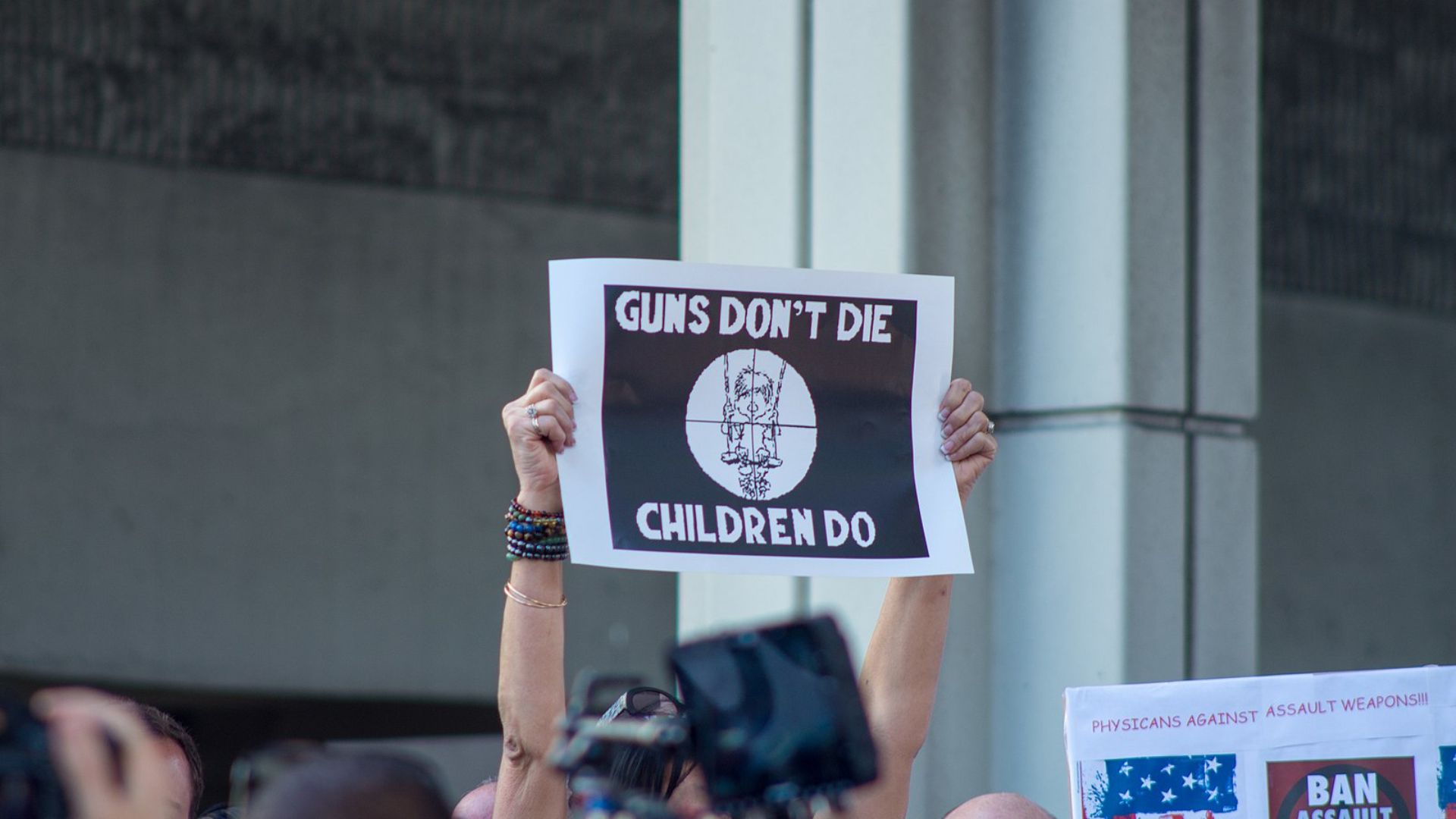
The introduction of MCCs has seen support from gun safety advocates in states like California, where proponents see it as a tool to prevent illegal gun sales and subsequent violence.
In contrast, other states have pushed back, arguing that such measures infringe on privacy and amount to governmental overreach.
Major Legislative Moves in the West

Governor Gavin Newsom of California and Governor Jared Polis of Colorado have taken decisive actions by signing bills that enforce the use of MCCs for gun sales.
This sets a clear timeline for these changes within their respective states.
New York Could Follow Suit
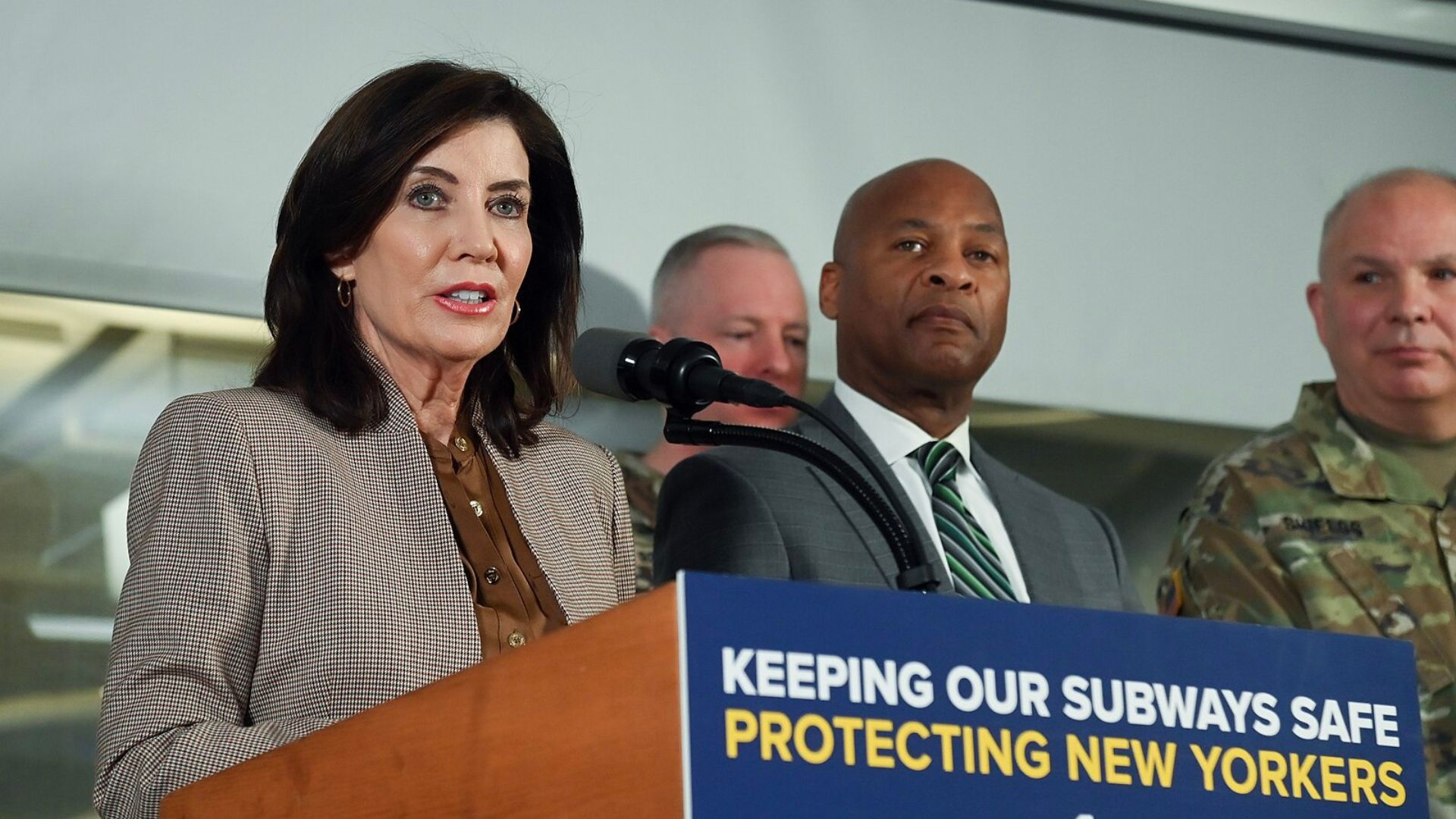
Following California and Colorado’s lead, the New York State Senate has recently passed a bill on MCCs.
Governor Kathy Hochul is currently reviewing this legislation, signaling a potential spread of this regulatory approach to another key state.
NRA’s Robust Lobbying Against MCCs
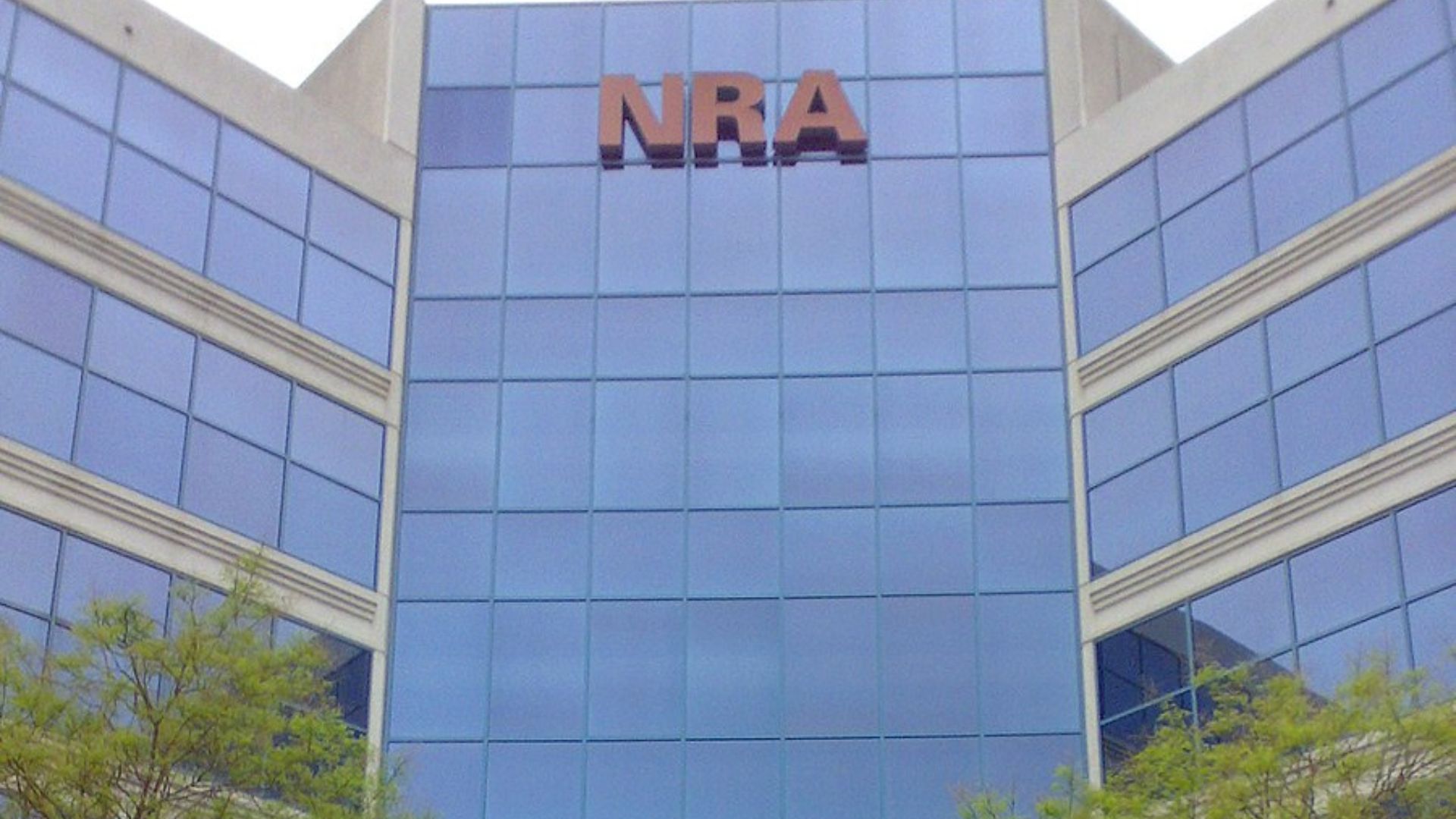
The NRA has been actively campaigning against the adoption of MCCs for gun stores.
This highlights potential risks to privacy and argues that these measures could lead to misuse of consumer data.
Wide-Reaching State Bans on MCC
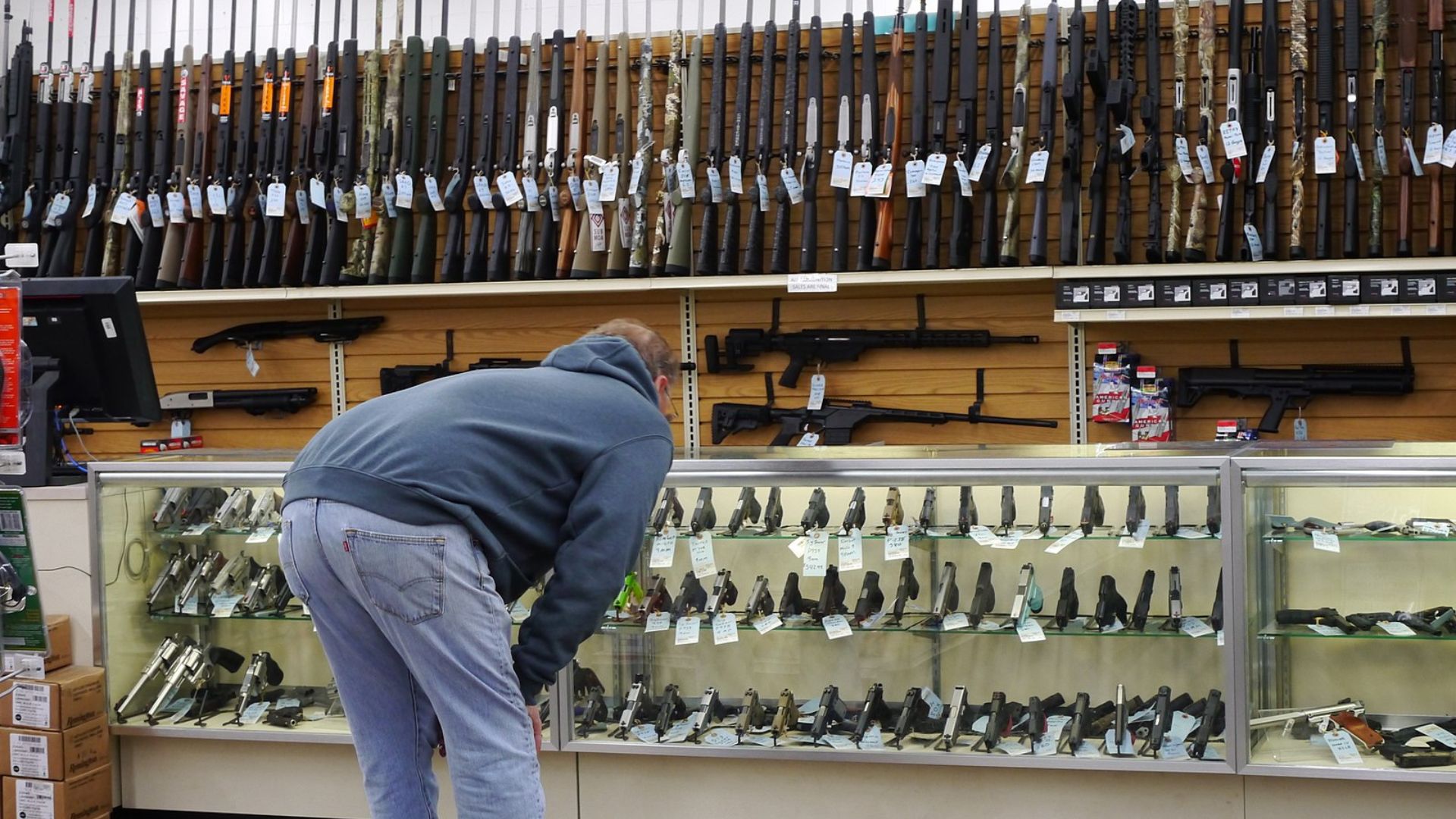
To date, sixteen states have enacted legislation that prevents the assignment of MCCs specifically to gun retailers.
They cite the need to protect Second Amendment rights and argue against what they see as unnecessary monitoring.
National Controversy Over MCCs

The MCC debate has ignited a fiery national discussion.
Advocates believe MCCs could play a crucial role in curtailing illegal gun purchases, while critics fear these steps verge on intrusive surveillance of legitimate gun owners.
Credit Giants Backpedal on MCC Plans

Visa and Mastercard had initially planned to roll out MCCs for gun retailers but retracted their plans amidst strong legislative opposition.
They now comply with the MCC requirement only in states where it remains legal.
Navigating a Fragmented Legal Landscape
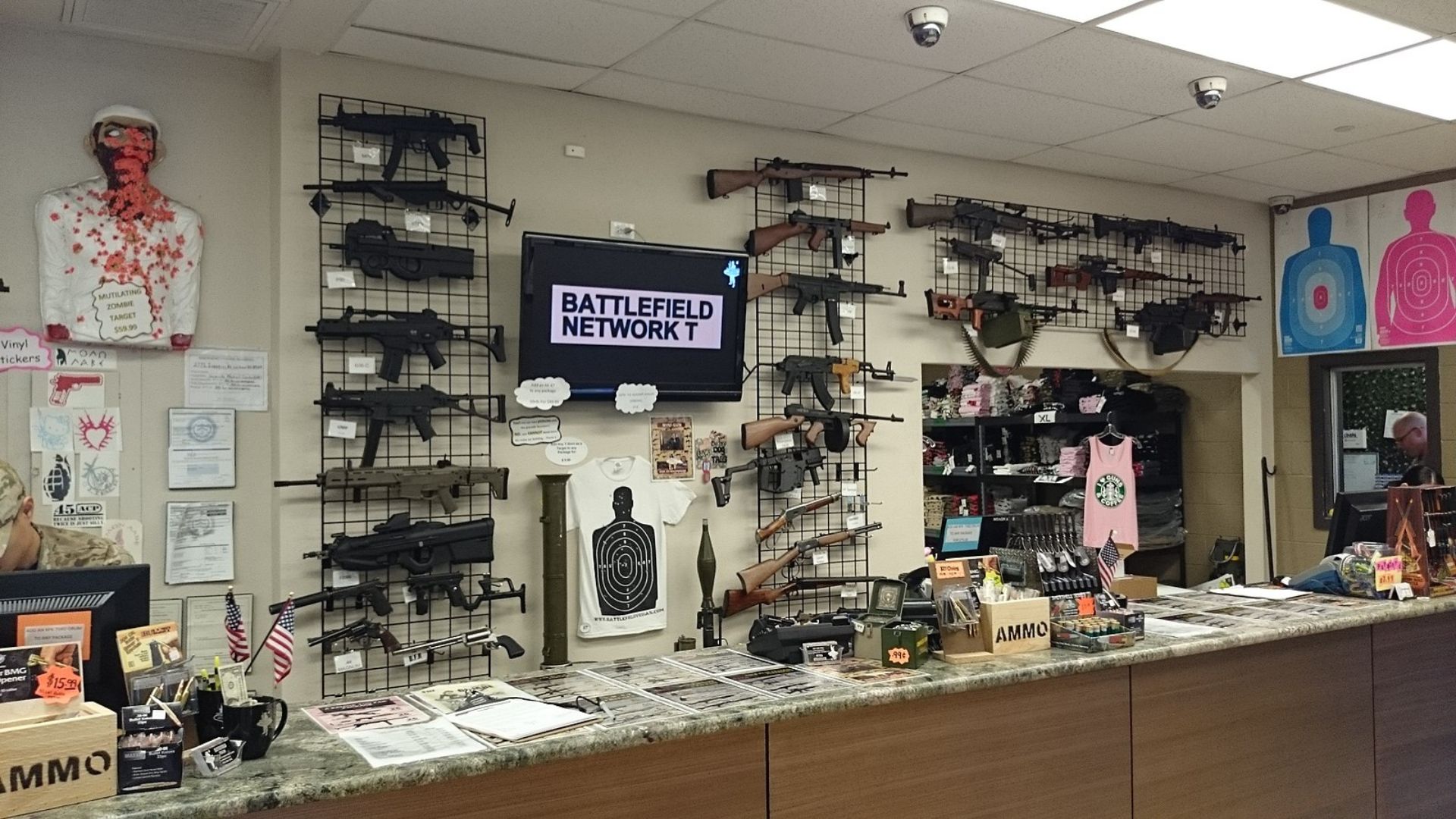
Credit card companies are currently navigating a patchwork of state laws concerning the application of MCCs to gun retailers.
This challenging environment highlights the ongoing tension between state authorities and financial institutions over sensitive data handling.
What Lies Ahead for MCCs in Gun Sales?

As more states take definitive stances for or against MCCs, the future of these regulations remains in flux.
States like California push for implementation, while a considerable number resist, each citing varied reasons behind their positions. The evolving legislative landscape will likely have profound implications for both gun control and consumer privacy.
